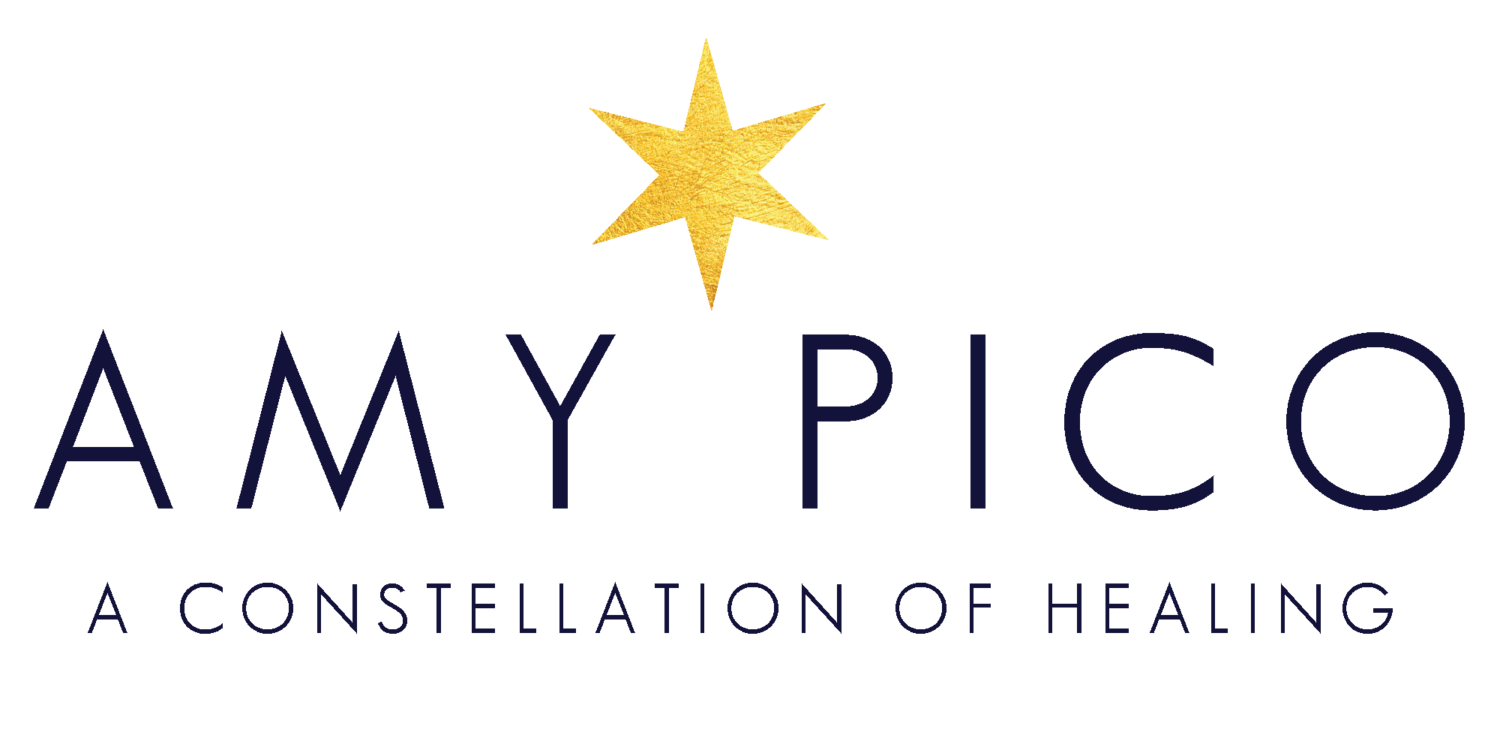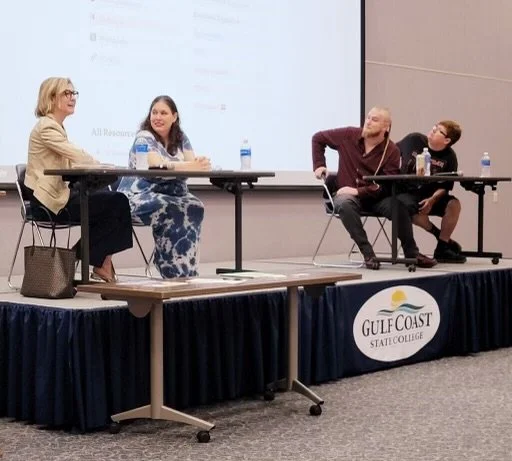We are already through the first month of 2025, and I have been coming up for air after having a lovely restful time off during the holiday season. January is usually a busy time for welcoming new clients to my practice, preparing for tax season, and setting professional intentions for the year ahead. In this vein, I also want to acknowledge how much our country and world have changed since last year. Many clients are coming to therapy with many anxieties about their sense of community safety and belonging. I hope to provide support and services to meet you in those spaces of anxiety and offer ways to keep you healthy during these uncertain times.
This being said, here are a few pre-existing offerings and new updates in my practice in 2025:
Somatic processing: I have attended many somatic trainings and find that when we have too much coming at us, we often get emotions and stress stuck in the body. Therapy sessions can help us keep our bodies free from emotional and stressful blockages. Many suggestions involve finding micro-movements that feel good to the body, help to release stress, and activate more of our parasympathetic nervous system (rest and digest).
Cannabis education: Last year, I completed a course on becoming a Cannabis Educator. While I am not able to give direct recommendations on the use of cannabis, I can talk through what and how cannabis can work as a healing medicine, a fantastic endocannabinoid system regulator, and how to manage symptoms of tolerance and titrating with CBD products. CBD is a non-psychoactive substance found in hemp and is legal for over-the-counter use. I highly advocate experimenting with CBD products to help with anxiety-related symptoms.
Florida clients with Blue Cross Blue Shield (Florida Blue) insurance: I am now an in-network provider for Florida Blue and am accepting new clients. If you have out-of-state Blue Cross plans, I offer to provide superbills for your therapy fees to see if you can get in-network reimbursement. Please remember that I cannot provide superbills if you live outside my licensed states (Illinois, Georgia, Florida).
Counseling Compact to expand provider access across state lines: The counseling field has initiated the same type of national licensing compacts that psychologists and other licensed providers already have. The national compact allows licensed counselors to become licensed in multiple states more easily. They hope the compact will be open for applications starting later this year. Upon learning more about the procedures, I hope to expand my access to Missouri, Wisconsin, Colorado, and other states.
Every year, I set learning goals aligned with my values as a psychotherapist and healer. This year, I am taking more courses around neurodiversity, obtaining more training specifically for women with ADHD, and taking a course on using nutrition supplementation to balance neurotransmitter function. I'm excited to share more about my learning and offerings in the coming months! In the meantime, if you are interested in working with me, my application is here. Take good care of yourself!

